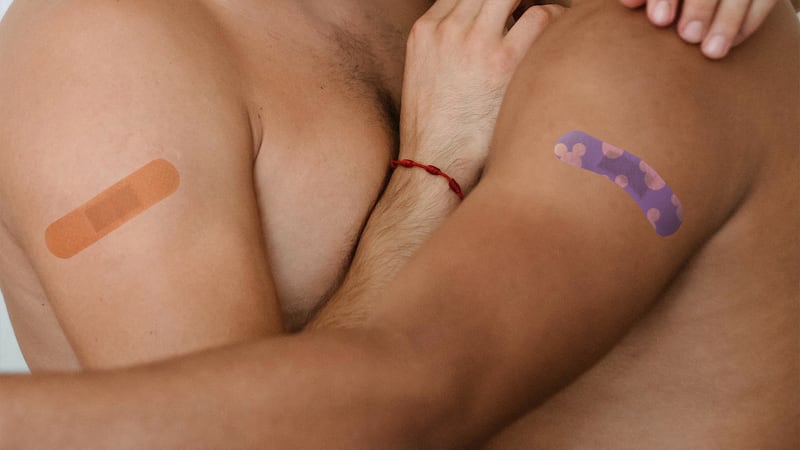Monkeypox (mpox) has resurfaced in Aotearoa, with 11 cases linked to Queenstown’s Winter Pride alone. Now health groups are calling for people to get vaccinated after Medsafe provisionally approved the new JYNNEOS vaccine.
Burnett Foundation Aotearoa is one of the organisations helping the LGBTQIA+ community by spreading awareness about the recent outbreak and the vaccine.
Senior services and outreach coordinator Samora Kake (Ngāpuhi, Ngāti Hau, Falevao, Vaovai Fagaloa, Sasina and Fogatuli) said when it came to the Māori and Pasifika communities there was a “whānau element” when it came to getting the jab.
“When one gets the vaccine, they’re not just getting it just for themselves, they’re getting it to protect their whānau and that’s the message we want to tell our people.
“Get vaccinated, not for yourself but for your people.”
Burnett Foundation isn’t a clinic, so it cannot provide people with the shot.
“We do provide peer support and counselling, so those are wraparound services.
“In terms of clinical provision and getting the vaccine we’re referring all our communities to the local [sexual health] provider,” Kake said.
It is free, though consultation fees may apply for those who are eligible:
- gay, bisexual and other men who have sex with men (MSM);
- trans (men and women) and non-binary people who have sex with MSM; and
- anyone who is a close contact of someone who has been infected with mpox.
Just this past weekend, the foundation ran an ‘mpox vaxathon’ in Tāmaki Makaurau getting many vaccinated.
For more information on local clinics providing the mpox vaccines head to the Burnett Foundation Aotearoa website.

If someone believes they have mpox, Kake believes the best thing to do is talk to somebody.
“If you feel like you may be infected or you may have mpox, a good starting point for our people is to kōrero.
“Talk to someone, it may be your aunty or maybe your sexual health provider or you can talk to us [Burnett Foundation Aotearoa] and maybe we can support you [and] refer you,” she said.
What is monkey pox?
Health New Zealand Acting National Clinical Director, Dr Sharon Sime, said mpox is a rare viral infection
“Mpox is a rare infection and the risk of it spreading widely in New Zealand still remains low.
“There are no new cases of mpox linked to the Queenstown Winter Pride Festival since our last update on Friday 20 September, which confirmed 11 cases in total since the first case was confirmed on 9 September.
“To date there have been 17 cases of mpox confirmed in Aotearoa New Zealand in 2024, and 67 in total since reporting began in July 2022,” said Sime.
All cases in Aotearoa, since 2022, have been of the clade ii subtype of the virus.
It is mainly passed through by physical touch.
- close physical, intimate or sexual contact with someone who has mpox, by skin-to-skin contact
- direct contact with mpox skin rashes, lesions or scabs
- direct contact with bodily fluids like the saliva of someone with mpox
- touching the clothing, bedding or towels used by someone with an mpox rash.
There is evidence to prove that you can be infected by bodily fluids like semen.
Getting the virus through breathing the same air droplets exhaled by someone with the virus is low and it is extremely rare for a human to get it off an animal.
Symptoms include:
- skin lesions — including any around your face, hands, feet, mouth or throat, genitals or anus; or
- pain, bleeding or discomfort in your anus.
Some people also experience flu-like symptoms early on, including:
- swollen lymph nodes, fever, muscle aches and tiredness.


